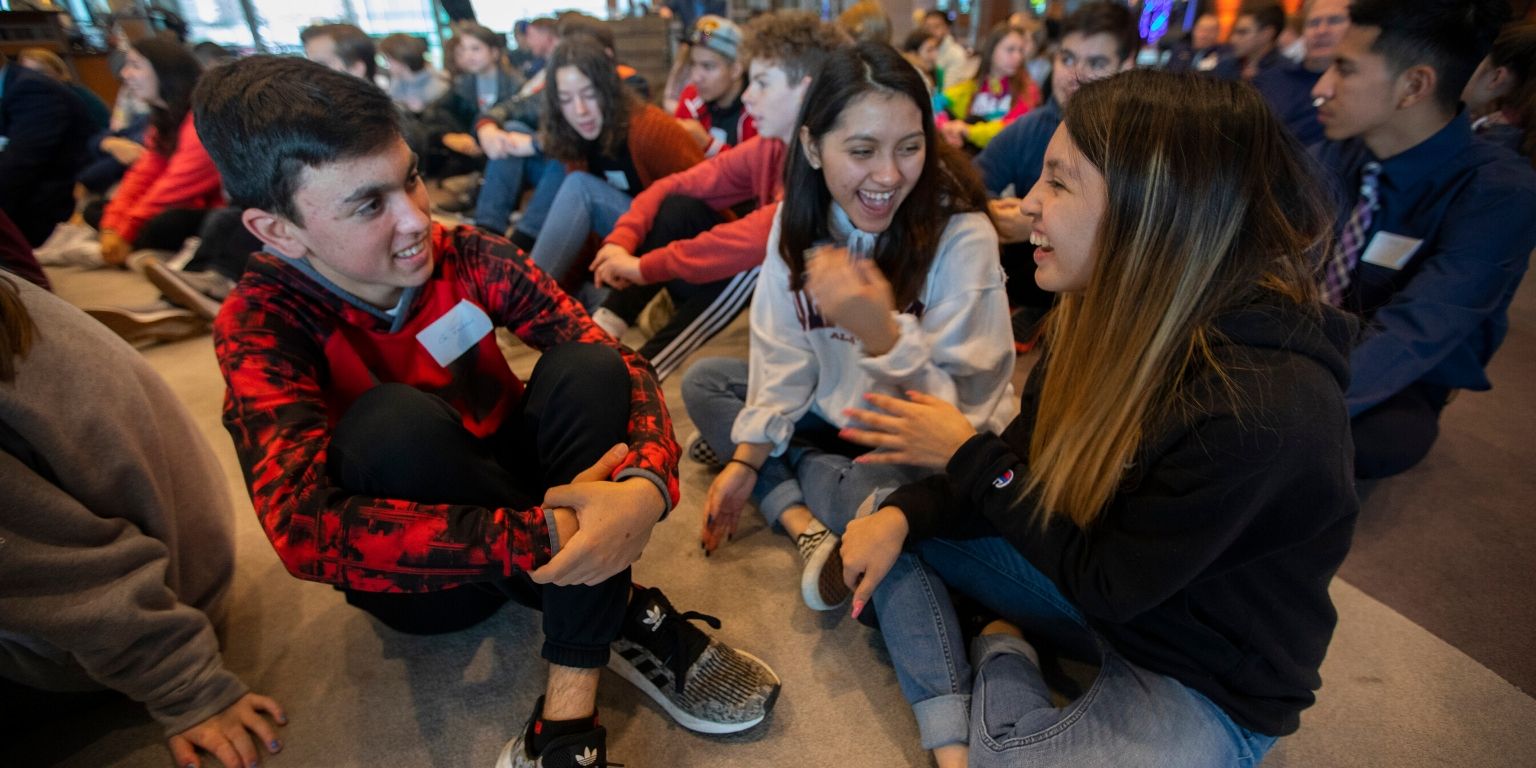Diverse individuals accounted for more than 28% of Northwest Arkansas’ population in 2019, according to a new research report from the Northwest Arkansas Council.
90
40
28
The report, entitled Engage the Future: A Look at the Growing Diversity in Northwest Arkansas, documents the region’s diverse population growth over the last 10 years, provides comparative analysis with several peer regions and highlights the racial and ethnic diversity in the region’s school districts.
The findings were released today to a small group of stakeholders. The meeting featured a panel discussion with Mark Espinosa, senior director, corporate affairs, Walmart; Kim Davis senior program officer, Home Region, Walton Family Foundation; Erin Kiefer, CEO, Assembled Products Corporation; and Bjorn Simmons, founder and managing partner, Venture Noire.
Between 1990 and 2010, the region’s racially and ethnically diverse populations increased from less than 5% in 1990 to nearly 24% in 2010. Since then, the diversity has continued to increase. In 2019, the region was nearly 28% diverse and is expected to grow to almost 31% by 2024. The region’s Hispanic/Latinx population saw the largest gains, accounting for close to 17% of the population in 2019 and forecasted to grow to over 18% by 2024.
The Northwest Arkansas Council, through its project EngageNWA, is working to promote an inclusive environment to harness the economic and social impact of the region’s diversity.
“The growth of diverse communities in Northwest Arkansas is great news for the region,” said Nelson Peacock, president and CEO of the Northwest Arkansas Council. “People of diverse backgrounds enrich communities with unique experiences and perspectives – and strengthen the talent pool of workforce available to our companies.”
Between 1990 and 2010, the region’s racially and ethnically diverse populations increased from less than 5% in 1990 to nearly 24% in 2010. Since then, the diversity has continued to increase. In 2019, the region was nearly 28% diverse and is expected to grow to almost 31% by 2024. The region’s Hispanic/Latinx population saw the largest gains, accounting for close to 17% of the population in 2019 and forecasted to grow to over 18% by 2024.
The Northwest Arkansas Council, through its project EngageNWA, is working to promote an inclusive environment to harness the economic and social impact of the region’s diversity.
“The growth of diverse communities in Northwest Arkansas is great news for the region,” said Nelson Peacock, president and CEO of the Northwest Arkansas Council. “People of diverse backgrounds enrich communities with unique experiences and perspectives – and strengthen the talent pool of workforce available to our companies.”
Other notable highlights from the report:
-
Northwest Arkansas schools have more than 90 countries represented and 87 languages spoken
-
Two out of the region’s five largest school districts are majority students of color – Rogers and Springdale
-
At 51.6%, Springdale is the most diverse city in Northwest Arkansas
-
The city is 38% Hispanic/Latinx and 7% Pacific Islander
-
The school district is 52% diverse – 48% are Hispanic/Latinx and 13% are Pacific Islander
-
-
Rogers has the second-largest diverse population in the region at 42%
-
Students of color account for 56% of students in Rogers School District and 47% of those students are Hispanic/Latinx.
EngageNWA works to bring diverse audiences and perspectives together to strengthen the economy and position Northwest Arkansas as a community of engaged global talent.
“While the growth is encouraging, engaging this diversity across all levels, sectors and communities is how the region will secure its place as one of the nation’s best places to live and work, said Margot Lemaster, executive director of EngageNWA.
EngageNWA works to bring diverse audiences and perspectives together to strengthen the economy and position Northwest Arkansas as a community of engaged global talent.
“While the growth is encouraging, engaging this diversity across all levels, sectors and communities is how the region will secure its place as one of the nation’s best places to live and work, said Margot Lemaster, executive director of EngageNWA.











